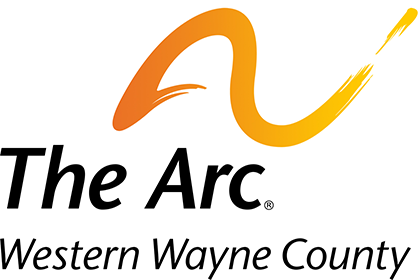What is called “a guardian of the person” helps you make decisions about your personal affairs such as medical, health, housing, education, and employment. What is called “a guardian of the estate” helps you make decisions about your money and property.
You may not need a guardian to help with all your decisions, so you can have a partial guardian who only helps you with some decisions. For example, you may only want help with decisions about money. You may not need help deciding where to work, where to live or who to live with. Unlike a partial guardian, a plenary or full guardian helps you with all decisions.
Sometimes an emergency happens and you may only need a guardian for a little while. This type of guardianship is called a temporary guardian.
The Take Charge Helpline offers more information on guardianship. It also offers information on alternatives to guardianship.
You should talk to a knowledgeable attorney or advocate and look at alternatives to guardianship before you make any legally binding decisions.
Phone code: 1408

Recent Comments